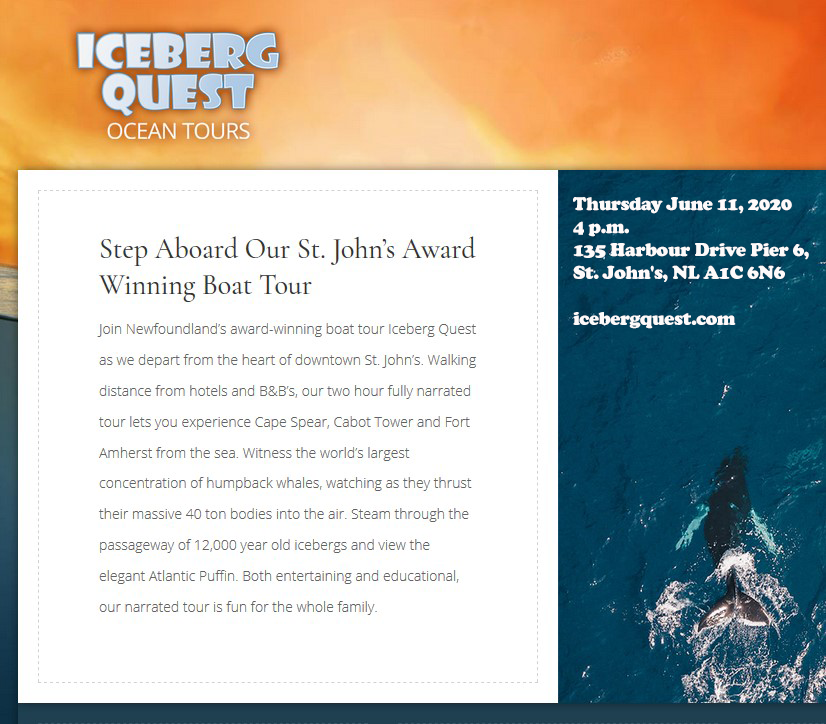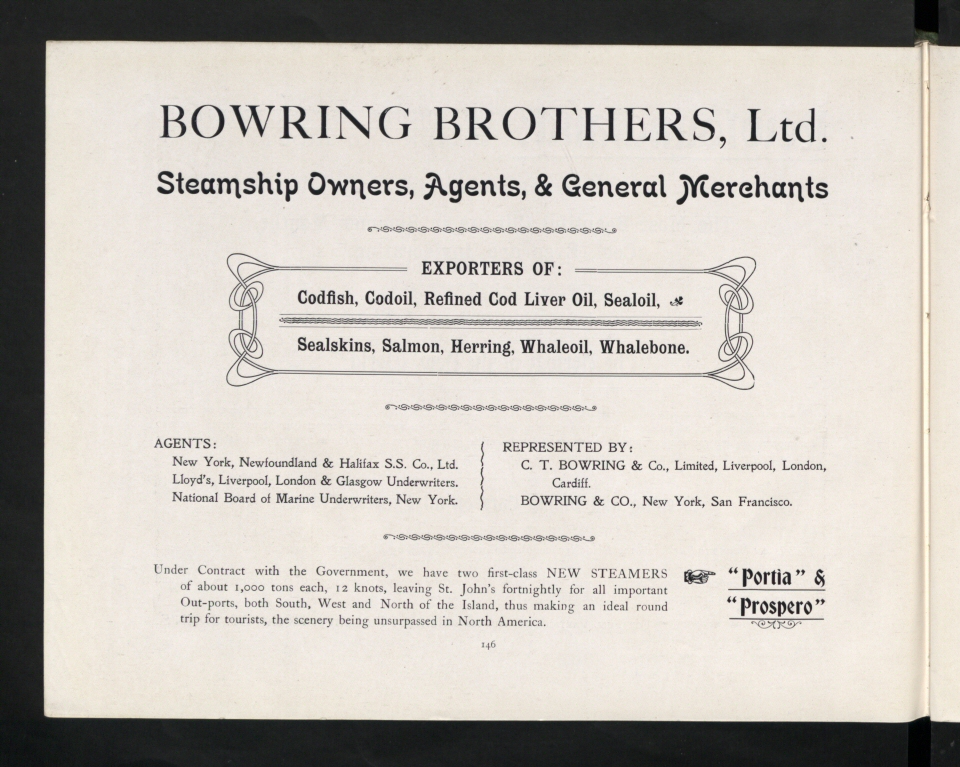A popular topic on ISC’s email discussion list this month was music to index by. It was generally agreed that it should be instrumental, or at least no English lyrics. Yet, as someone mentioned, when we were kids we found it easier to do our homework with the radio on. Is it younger brains, different tasks, or a bit of both?
Writers might do their best in a bustling coffee shop. Crafts and trades people, if they don’t have a radio playing, might whistle. Why do we seek out constant noise to keep us in the flow?

A few years ago, the founder of Focus@Will, a scientifically-based music streaming service, was in an interview. (I can’t find the podcast, otherwise I would link to it.) He painted a vivid picture of a prehistoric person, shall we say, sitting on the savannah, steadily chipping away to make a tool. Every several minutes, his subconscious notices the quiet. It prods him to break from his task and look around. If his brain didn’t keep interrupting him like this, he’d be taken down by a predator. It’s impossibly to prove, of course—but it’s a lovely image of what might be going on your brain when you need to focus.
It suggests that when indexers have music playing while they work, their subconscious is kept occupied, freeing the brain to stay focused for periods longer than several minutes—which is what we strive for when indexing.
Productivity and efficiency tricks are just some of the things we talk about on our email discussion list. It’s a great place to get help from our peers on all kinds of indexing and business issues. If you’re an indexer and you haven’t yet joined one of these lists, do so now.
And do think about coming to the ISC Conference in St. John’s, Newfoundland June 12-13. Not only will you get more help and ideas—you’ll get to meet and hang out with these peers.



 In Cal Newport’s latest book, “Digital Minimalism”, he describes how the Amish use technology intentionally.
In Cal Newport’s latest book, “Digital Minimalism”, he describes how the Amish use technology intentionally. In 1997, John E Simkin, a founding member of the Australian Indexing Society, wrote about the “technical vs. professional aspects of the practice of indexing” and argued that “indexers must take professionalism seriously if they are to raise their own status or contribute to the development of modern information management.” You can read the article here in The Indexer Volume 20 (4)
In 1997, John E Simkin, a founding member of the Australian Indexing Society, wrote about the “technical vs. professional aspects of the practice of indexing” and argued that “indexers must take professionalism seriously if they are to raise their own status or contribute to the development of modern information management.” You can read the article here in The Indexer Volume 20 (4)